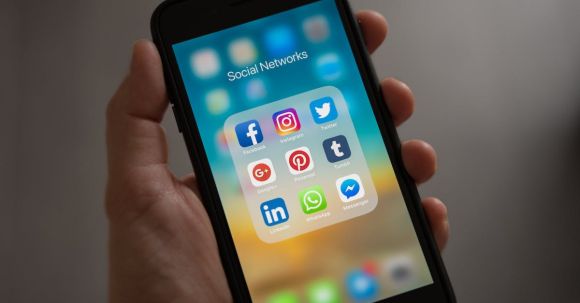In a major announcement that has sent shockwaves through the financial world, Facebook has unveiled its plans to launch a new digital currency called Libra. This move has the potential to revolutionize the way we think about money and how we conduct transactions online. Here’s everything you need to know about this groundbreaking development.
What is Libra?
Libra is a new digital currency developed by Facebook, aimed at providing a global financial infrastructure that can empower billions of people around the world who are currently underserved by the traditional banking system. Unlike other cryptocurrencies such as Bitcoin, Libra will be backed by a reserve of assets, including bank deposits and short-term government securities, to ensure its stability.
How will it work?
Libra will be accessible to anyone with a smartphone and internet connection, allowing users to send, receive, and store money securely and instantly. It will be integrated into Facebook’s various platforms, including WhatsApp and Messenger, making it easy for users to transact with one another. Additionally, Facebook plans to launch a digital wallet called Calibra, which will serve as a standalone app for managing Libra transactions.
What are the benefits?
One of the main advantages of Libra is its potential to provide financial services to the unbanked population. According to the World Bank, around 1.7 billion adults worldwide do not have access to a bank account, making it difficult for them to save, send money, or participate in the global economy. Libra aims to bridge this gap by offering a low-cost and accessible solution for financial inclusion.
Another benefit of Libra is its potential to lower the costs of remittances, which are currently high and often inaccessible for many people. By leveraging the power of blockchain technology, Libra can enable cheap and fast cross-border transactions, allowing individuals to send money to their families and friends abroad without hefty fees.
What about privacy and security?
Facebook has faced numerous controversies regarding user privacy and data security in recent years, so it’s only natural that people have concerns about Libra. However, the company has taken steps to address these issues. While Libra transactions will be recorded on a public ledger, individual user data will be kept separate and not shared with third parties without permission. Additionally, all transactions will be encrypted for enhanced security.
What are the potential challenges?
Despite the potential benefits, Libra faces several challenges that could hinder its success. One of the main concerns is regulatory scrutiny. Governments and central banks around the world are wary of the impact that digital currencies could have on their monetary systems and financial stability. Facebook will need to navigate these regulatory hurdles and gain the trust of regulators to ensure Libra’s widespread adoption.
Another challenge is building a robust and secure infrastructure for Libra. As we’ve seen with other cryptocurrencies, security breaches and hacking incidents are not uncommon. Facebook will need to invest heavily in developing and maintaining a secure network to safeguard users’ funds and personal information.
Conclusion
Facebook’s announcement of the launch of Libra marks a significant milestone in the evolution of digital currencies. With its potential to provide financial services to the unbanked, lower the costs of remittances, and increase financial inclusion, Libra has the potential to transform the way we think about money. However, it also faces regulatory challenges and the need to address privacy and security concerns. Only time will tell if Libra can overcome these hurdles and become a widely accepted and trusted digital currency.





